
Brain stroke happens when the blood flow to a part of the brain is blocked or reduced. This stops the brain from getting enough oxygen and nutrients. Within minutes, brain cells can start to die. If not treated quickly, a stroke can cause severe damage to the brain and body.
Many people call it a brain attack or paralysis. Some think a stroke only happens to older people, but it can affect younger adults, too. Other conditions like migraines or seizures may look like stroke symptoms, so proper tests like CT scans or MRIs are needed to confirm it.
There are two main types of brain stroke:
A third type is TIA (Transient Ischaemic Attack), also called a mini-stroke. It lasts a short time but is a warning of a bigger stroke.
Stroke treatment depends on:
A common misconception is that brain strokes only affect elderly people; strokes can happen at any age and need urgent care. Quick action can save lives and reduce brain damage. Seek medical help promptly.
People need brain stroke treatment to restore blood flow to the brain, prevent permanent damage, reduce disability, and save lives. If not treated fast, it can lead to damage and disability. Prompt treatment improves recovery chances and lowers the risk of future strokes.
Certain factors increase stroke risk, such as:
A brain stroke often happens suddenly, and the symptoms come on fast. The earlier you notice the signs, the better the chance of saving the person’s life and reducing long-term damage. Even a small delay in treatment can lead to serious problems like paralysis or speech loss.
Common symptoms of stroke include:
Stroke symptoms should lead to immediate treatment, not after a few hours, not the next day. A stroke is a medical emergency, and every minute counts. The longer the brain goes without oxygen, the more damage occurs. Acting fast can save the person’s life and prevent long-term disability.
Here’s when to seek treatment:
Golden window for treatment:
Doctors say the best chance to reverse stroke damage is within 4.5 hours of the first symptom. During this time, treatments like clot-busting injections or emergency surgery work best.
Never wait to see if symptoms improve on their own. Go to the hospital quickly to reduce brain damage, prevent paralysis or speech loss, lower the risk of future strokes, and increase the chance for full recovery.
A stroke happens when the brain doesn't get the blood and oxygen it needs. This may be due to a blocked or burst blood vessel. Without oxygen, brain cells begin to die within minutes. This can lead to serious problems with the body, depending on which part of the brain is affected.
Here’s what usually happens during a stroke:
For example:
Some strokes are mild and may only cause temporary weakness. Others are severe and can cause permanent disability, coma, or even death if not treated quickly. Time is critical. The faster a stroke is treated, the more brain function can be saved. Always consult a neurologist or qualified healthcare provider for personal medical advice.
The good news is that many strokes can be prevented by making simple changes to daily habits and managing health conditions early. Prevention is better than cure, especially with stroke, where quick action can save your life.
Here are the best preventive measures for a brain stroke:
Prevention tips shared here are general lifestyle recommendations. Please speak with your doctor before making major changes to your diet, exercise, or medications, especially if you have heart disease, diabetes, or high blood pressure.
Surviving a stroke depends on how fast you act and what kind of care you receive. A stroke is a medical emergency. The sooner you get help, the better the chances of saving brain function and reducing long-term damage.
Here are the key steps to survive a brain stroke:
1. Know the warning signs
2. Act FAST
Use the F.A.S.T. test:
3. Call emergency help immediately
4. Get a brain scan quickly
5. Start treatment within the first few hours
6. Begin stroke recovery early
Stroke is a medical emergency. The steps mentioned here are for awareness only and do not replace professional medical help. Call your local emergency number immediately if you suspect a stroke.
The effects of a stroke depend on how much of the brain was damaged and which part was affected. Some people recover fully, while others may live with long-term difficulties. Acting fast and getting early treatment can reduce the severity of these effects.
Common effects of a stroke include:
1. Physical problems
2. Speech and language issues
3. Cognitive and memory changes
4. Emotional and behavioural changes
5. Vision problems
Some effects improve with time and rehabilitation. Others may last longer and need ongoing support. The good news is that the brain can heal with the right therapy and encouragement. Always follow the guidance of your neurologist or rehabilitation specialist.
After a stroke, many people face problems with movement, balance, speech, or memory. Regular exercises help the brain and body recover faster. These rehabilitation exercises for recovery should start as early as possible, under a doctor or therapist's guidance.
Here are common types of stroke recovery exercises:
1. Movement and Strength Exercises
2. Balance and Coordination Exercises
3. Speech and Language Exercises
4. Cognitive Exercises (for memory and focus)
5. Breathing and Relaxation Techniques
Here are a few important things to remember: Always exercise under a therapist’s guidance. Start slow and increase intensity gradually. Family support and motivation are key during the recovery process.
Early treatment gives the best results. If you notice any stroke symptoms, do not ignore them. Timely diagnosis and treatment can prevent serious complications. Bangla Health Connect can connect you with stroke specialists at leading hospitals abroad for consultations.
.png)
Through Bangla Health Connect, Bangladeshi patients can access leading hospitals across India, Thailand, and other countries that are internationally recognised for excellence in stroke care. Many families travel abroad for treatment because of the combination of skilled specialists, modern facilities, and reliable outcomes these hospitals provide.
Here’s why Bangladeshi patients choose brain stroke treatment with Bangla Health Connect’s trusted hospitals:
With Bangla Health Connect, patients get access to trusted hospitals worldwide, combining expert care, modern technology, and personalised support.
Bangla Health Connect connects Bangladeshi patients with top hospitals worldwide. These centres are recognised for their expertise in treating brain strokes, the use of advanced neuro-interventions, and dedicated rehabilitation support for international patients.
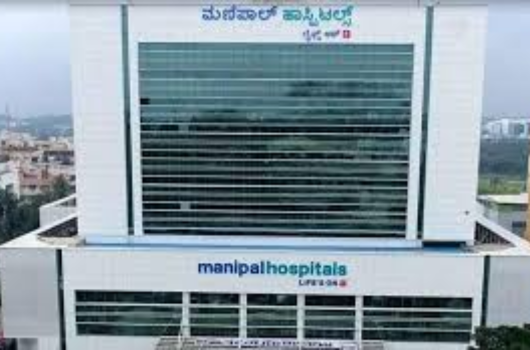

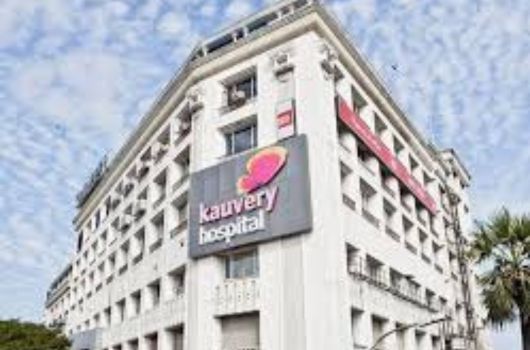

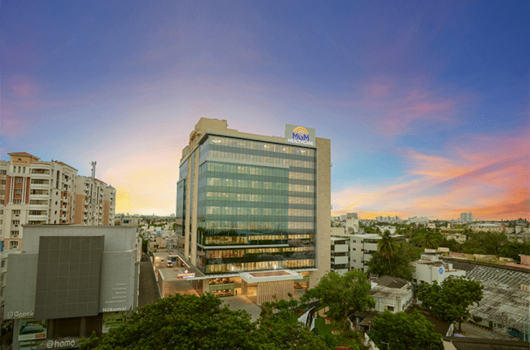


.png)
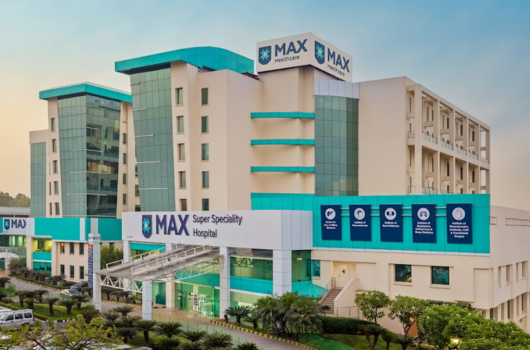
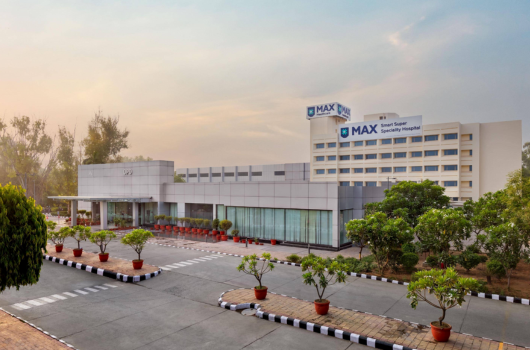
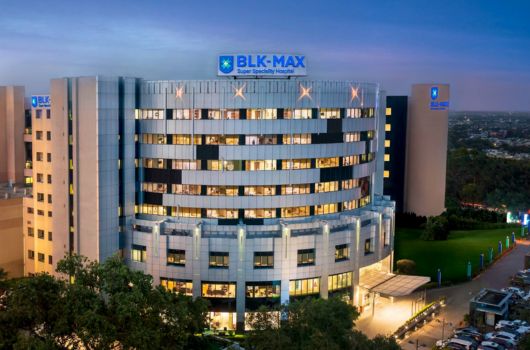
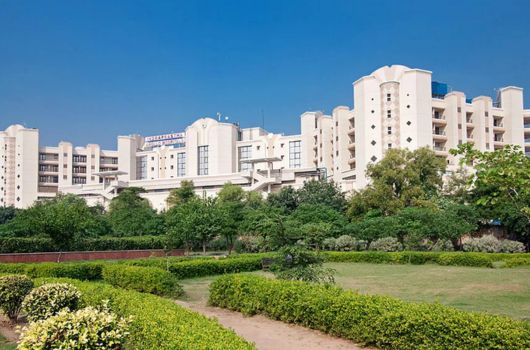

.jpg)

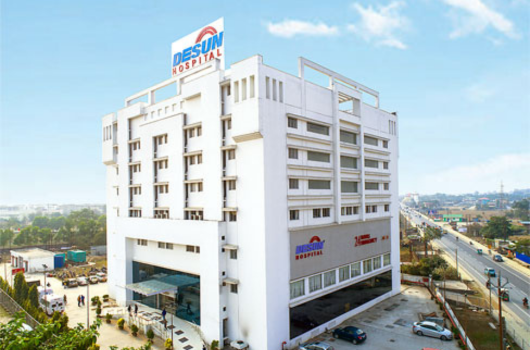
.png)
.png)

.jpg)
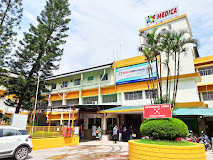
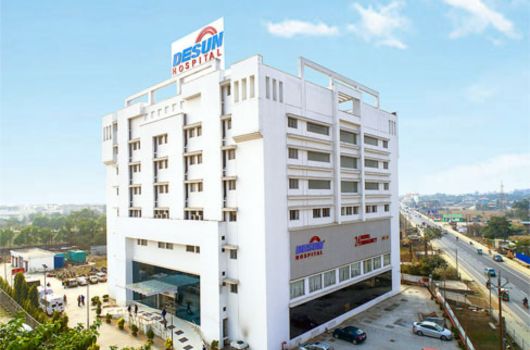


.jpg)


These hospitals follow global neurology treatment guidelines and provide full support for Bangladeshi patients through Bangla Health Connect.
The average cost of brain stroke treatment ranges from $4,000 to $7,000 in India and between $5,000 and $15,000 in Thailand. The final cost may vary depending on the treatment method, hospital location, urgency of care, and recovery needs. Before viewing the detailed table of treatment-wise costs, it’s helpful to understand what influences these expenses most.
Note: India is well known for offering cost-effective neurology treatment. Hospitals combine affordability with strong clinical outcomes, supported by skilled oncologists and the widespread availability of generic medicines.
Note: Thailand’s hospitals are often promoted as premium destinations for international patients. Their higher costs reflect the use of advanced imported medicines, luxury infrastructure, and all-inclusive patient care packages.
The costs listed are approximate and may vary based on hospital, location, and patient needs. Consult the healthcare provider for accurate and updated information.
The currency conversion rates in the table above are based on data from October 2025.
For more help on cost estimates and personalised guidance, contact Bangla Health Connect.
Success in stroke treatment means saving brain function, avoiding major disability, and helping the patient return to a normal or independent life.
If stroke is treated early (within the golden hour), many patients make a strong recovery. Rehabilitation and lifestyle changes further improve outcomes over time.
Top hospitals worldwide follow a structured approach to ensure the best outcomes for stroke patients. Their care focuses on early detection, rapid intervention, and long-term rehabilitation.
This systematic approach ensures that patients not only survive stroke emergencies but also have the best chance of returning to a healthy, independent life.

Dr. V.L. Arul Selvan, Senior Neurologist at Apollo Hospitals, Greams Road, Chennai, shares key insights on stroke care based on his extensive experience. He explains how to identify early signs of stroke, the impact of smoking as a major risk factor, and the common causes of paralysis following a stroke. Dr. Selvan also discusses the journey of stroke recovery, including regaining body movement, reducing spasticity, and managing seizures. He highlights which body parts are usually affected by a stroke and how timely treatment can significantly improve outcomes.
Bangla Health Connect helps Bangladeshi patients access timely and advanced treatment for brain stroke worldwide. Our team partners with leading neurology and neurosurgery hospitals to make every step smooth and stress-free, from connecting with stroke specialists to arranging travel, visas, and transparent cost guidance.
Choosing hospitals through Bangla Health Connect ensures access to world-class stroke care with guidance at every step.
Note: Bangla Health Connect does not provide medical advice of any kind.
✅ Share Your Reports - Bangla Health Connect connects you with trusted hospitals worldwide.
✅ Get treatment plans from leading Hospitals worldwide
✅ Choose the one that fits you
✅ Let us handle the rest
A brain stroke happens when blood flow to the brain is blocked or a blood vessel bursts. It is a medical emergency that can cause paralysis, speech problems, memory loss, or even death if not treated quickly. Stroke symptoms and outcomes can vary for each person. Always seek immediate medical help if you suspect a stroke.
Bangla Health Connect helps Bangladeshi patients connect with neurologists and neurosurgeons worldwide, arrange consultations, and support the full treatment journey from emergency care to rehabilitation.
Bangla Health Connect works with accredited hospitals in India, Thailand, Singapore, and other countries that have dedicated stroke units, neuro ICUs, and advanced procedures like mechanical thrombectomy. Stroke symptoms and outcomes can vary for each person. Always seek immediate medical help if you suspect a stroke.
Treatment should begin within 4.5 hours of the first symptoms for best results. In some cases, mechanical thrombectomy can be performed up to 24 hours after onset, depending on the patient’s condition. Only a qualified neurologist can decide the best treatment timing for an individual case.
Yes. Bangla Health Connect assists with medical visa letters, flight planning, and airport pickup, making the process safe and easy for patients and families.
Yes. Bangla Health Connect helps arrange online follow-up consultations with international neurologists to monitor recovery and rehabilitation progress from home.

